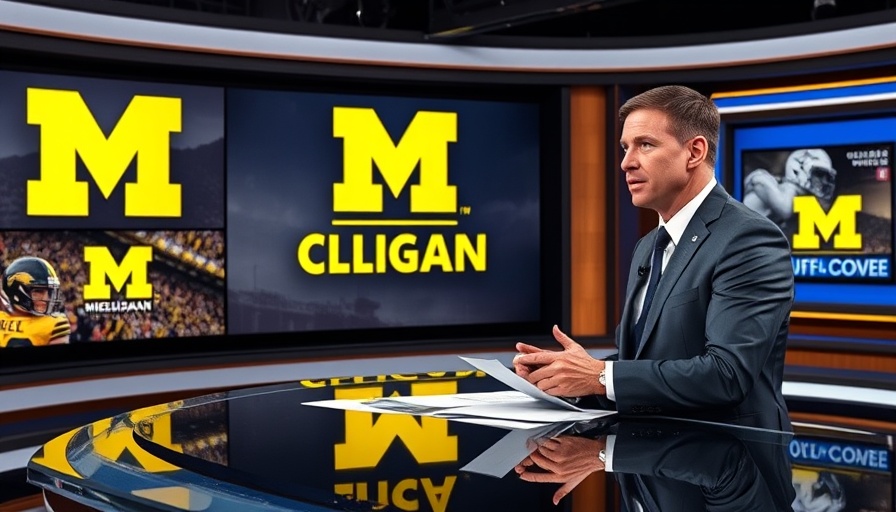
Understanding the Heat: What to Expect in Southeast Michigan
As we brace ourselves for some intense temperatures, Southeast Michigan residents are advised to prepare for a heat wave, with a heat advisory now in effect. This advisory runs from 11 AM to 8 PM, and it warns of dangerously high heat indices that could surpass 100 degrees Fahrenheit. With a summer punctuated by heat waves already, it’s crucial to understand the implications of these rising temperatures for our community.
In Southeast Michigan Heat Advisory: Dangerous temperatures in the forecast, the discussion dives into the implications of rising temperatures, exploring key insights that sparked deeper analysis on our end.
The Basics of Heat Advisories
Heat advisories are issued to alert the public to potential health risks associated with high temperatures. The National Weather Service defines a heat advisory as conditions in which the heat index, a combination of temperature and humidity, is expected to reach dangerous levels. This is especially critical in the summer months in Michigan when outdoor activities peak. For residents in the Metro Detroit area, the combination of heat and humidity can lead to dehydration, heat exhaustion, and heat stroke if safety measures are not taken.
Tips for Staying Safe in Extreme Heat
The Southeast Michigan heat advisory is an important reminder of the need to take proactive measures to protect ourselves from extreme temperatures. Here’s how residents can stay safe:
- Stay Hydrated: Drink plenty of fluids, preferably water, to prevent dehydration.
- Limit Outdoor Activities: Plan outdoor events in the early morning or late evening when temperatures are cooler.
- Seek Shade: If you must be outside, find shaded areas to rest and cool down.
- Check on Others: Keep an eye on family, friends, and elderly community members who may be more vulnerable to extreme heat.
Future Outlook: What’s Next for the Weather?
After this heat wave passes, forecasts predict cooler temperatures might move in as high pressure shifts out and rain approaches. Understanding these weather patterns can help residents prepare better for shifts in temperature and humidity. Knowing when to expect cooler days can help mitigate health risks associated with heat, thereby allowing communities to regroup and strategize for local engagement in social events like festivals or community gatherings.
Community Impact of Rising Temperatures
Heat waves are not just a matter of personal comfort; they significantly affect community dynamics and local infrastructure. Public health officials are particularly concerned about how the prolonged heat can impact public safety. Access to public cooling centers, adjustments in public transportation services, and even considerations for local schools and educational activities are all essential discussions that need more attention.
Heatwaves and Local Government Response
In light of rising temperatures, it’s essential for the Michigan government to stay ahead with timely updates regarding public safety and emergency responses. Local news outlets, including Detroit local news sources, are pivotal in disseminating information on heat advisories and related community initiatives. The ability to communicate effectively about public safety measures can significantly mitigate the effects of heat waves on vulnerable populations.
Engaging the Community: Educational Outreach
As part of the response to heat waves, local authorities and organizations must prioritize educational outreach. By incorporating information about the risks associated with extreme heat into community events and meetings, they can foster an engaged populace that understands how to navigate these periods safely. Schools, community centers, and local healthcare providers can also play significant roles in this educational push.
In conclusion, the heat advisory affecting Southeast Michigan serves as a critical reminder for residents to stay informed and prepare for extreme weather. By taking action to protect ourselves and our neighbors, we can navigate the challenges presented by high temperatures together.
Stay updated with Metro Detroit weather alerts and local news to ensure you have the latest information during this heat wave and beyond. Let's work together as a community to keep everyone safe this summer!
 Add Row
Add Row  Add
Add 



Write A Comment